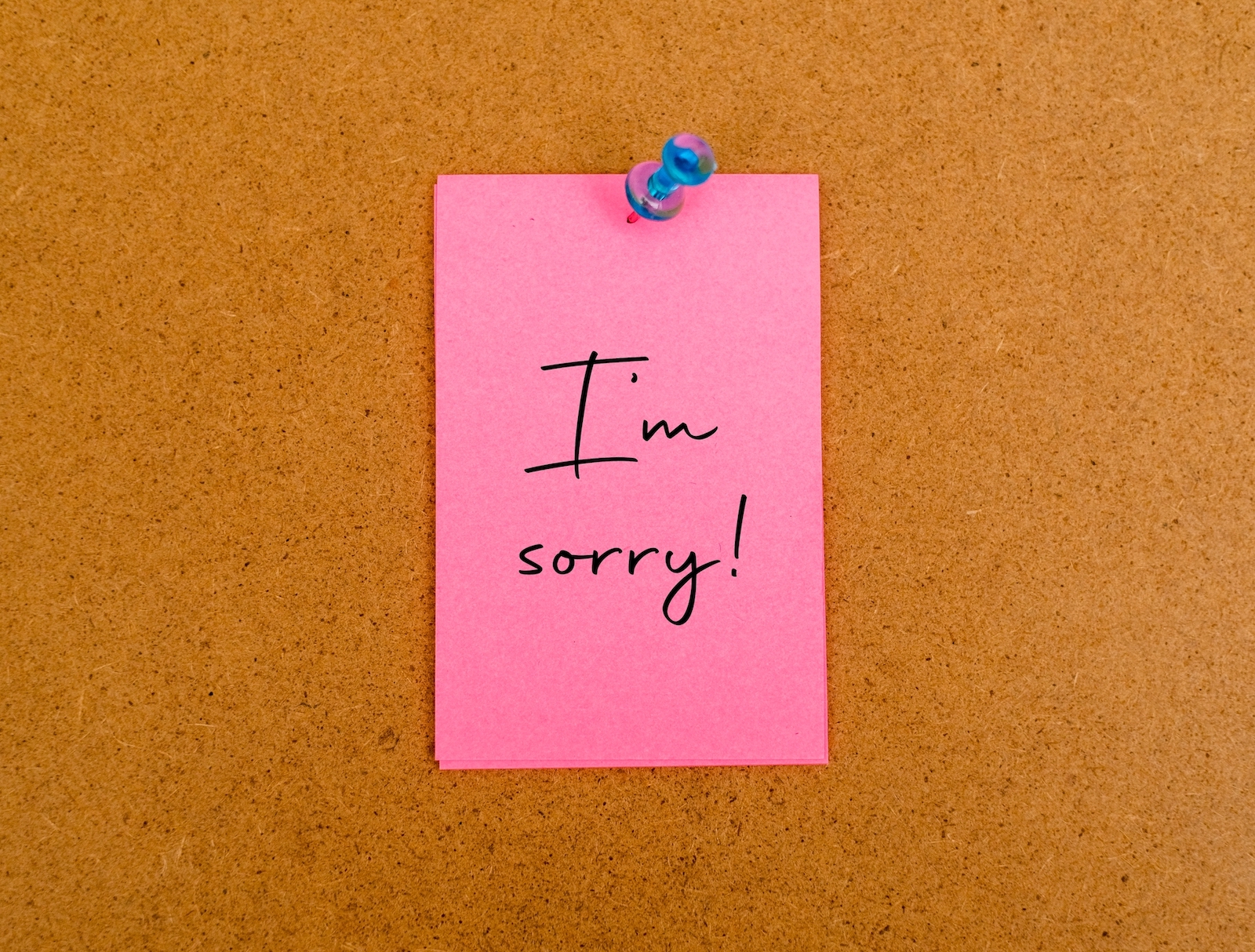Bruce Lear lives in Sioux City and has been connected to Iowa’s public schools for 38 years. He taught for eleven years and represented educators as an Iowa State Education Association regional director for 27 years until retiring. He can be reached at BruceLear2419@gmail.com
One of the early lessons that parents teach their toddlers is, “If you hurt someone, you say you’re sorry.” As children mature, the lesson also matures to add, “When you make a mistake, admit it, say you’re sorry and learn from it.” We hope kids learn this lesson early.
But one profession must have missed that toddler talk and instead embraced the catch phrase from the movie Love Story: “Love means never having to say you’re sorry.”
In this line of work, the mantra becomes, “love for power means never having to say you’re sorry.”
This critique doesn’t apply to everyone who runs for office. It’s the professional political class who’ll do anything to stay in power.
As with politicians who continually lie, as easily as they smile, this power-hungry behavior causes people to believe all candidates are the same. They aren’t. It also begins to cast doubt on the value of a democratic form of government. A Gallup survey from December 2023 indicated that only 28 percent of U.S. adults “are satisfied with the way democracy is working in the country.” That was the lowest level since Gallup began asking that question in 1984.
Another Gallup survey from May 2024 poll showed only 13 percent of respondents approve of how Congress is doing its job, while 81 percent disapprove. Republicans currently control the U.S. House, while Democrats have the majority in the Senate. Although different parties run the chambers, Congress is about as popular as stepping bare foot on a Lego at midnight.
Democracy is in danger.
Politicians who aren’t authentic never admit when they’re wrong. That sours voters on the entire democratic process. Why is it so hard for political figures to say, “I shouldn’t have done that, or I was wrong about that policy?
The answer is multifaceted, but first consider who runs. A candidate must be self-confident and have a strong ego. They often believe they’re the smartest in the room. They don’t hesitate to plaster their names on yard signs, stick out their hands to strangers, and give speeches explaining why they’re the best for the job.
Most people apply for a job in private. Politicians apply in public. That’s putting your ego on the line for all to see.
If they make a mistake, it’s a public mistake. With social media, there’s a quick spin, and a quicker trial by Facebook meme.
I understand public mistakes. I advised a high school newspaper. As hard as we tried, we made mistakes in the public domain. All we could do was apologize. After all, the mistakes were in literal black and white. Once a teaching colleague circled the mistakes with a red pen. I suggested quietly, where he could store his red pen on his person. Politicians don’t have that opportunity.
The first very basic human reaction to a mistake or scandal is to deny, deny, deny. Even though our kids are holding the broken lamp, they deny breaking it. For a politician, that basic reaction compounds the problem because the denial, if later shown as untrue, means the candidate or office holder not only made the original mistake, but lied to cover it up.
Remember, President Bill Clinton didn’t get impeached for having sex with an intern. He almost lost his job because he allegedly lied about it under oath and obstructed justice. Now, former President Donald Trump doesn’t just deny, he has refined attacking the accuser to an art.
Sometimes it’s not the candidate making the mistake. It’s the voters. We hold candidates to an impossible standard of never changing their minds. That means politicians cannot comfortably evolve based on new facts about an issue. The “flip flopper” attack works too often. Voters seem to reward consistency above intellectual honesty, even when facts change.
We should at least hold career politicians to the same standard as we hold our toddlers. “If you make a mistake, admit it, and don’t do it again.”
Top image is by My Stockers, available via Shutterstock.

